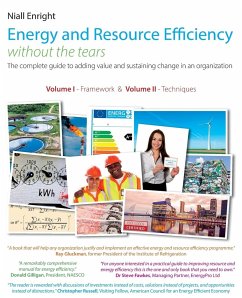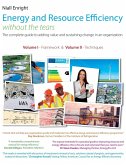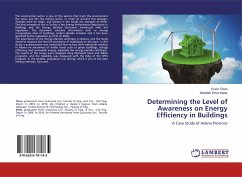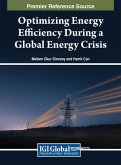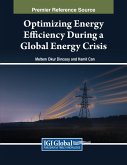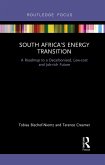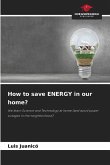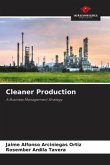Niall Enright is a graduate of Cambridge University, a Fellow of the Energy Institute and a Chartered Energy Manager who has worked on hundreds of energy and resource efficiency programmes worldwide since the early 1990s. This experience was gained as both a director and senior project manager for several leading global consulting firms, as well as a change agent within large and complex organizations. This book is a comprehensive exploration of the management aspects of energy and resource efficiency. "If you read the self-congratulatory case studies organizations put out about their achievements, you would be forgiven for thinking that this efficiency stuff is easy." In fact, the landscape is littered with disappointment, premature declarations of victory, exaggeration (to put it mildly) and outright failure. Drawing on three decades working on programmes for global giants like BP, Unilever, Hilton International, Rio Tinto, L'Oreal, The World Bank and numerous public institutions, as well as eight years as Sustainability Director for Peel Land and Property Group, Niall Enright shares the insider's insight on what works and what doesn't. It is an enthusiastic, candid, compelling and authoritative exploration of why programmes succeed or fail. The book starts with a review of contemporary issues around resource efficiency, the value that this offers to organizations and the many barriers that exist. A framework is set out to enable programmes at all scales and in any sector to achieve success. Structured around three pillars, Mandate, Method and Momentum, the framework offers a flexible approach to enhance, renew or design an improvement programme that will drive maximum value and endure in the long run. In the second section of the book, over 200 proven techniques that deliver improvement are explored in detail, accompanied by countless real-world examples. This book is eminently practical. It addresses the toughest challenges, like how to set objectives; how to engage management and staff; how to analyse complex data; and how to build business cases and obtain funding for projects. There is a chapter on the global energy management standard, ISO 50001, which give tips on maximizing the value of the process to the organization and achieving certification. This book is a "must-read" for efficiency practitioners and managers worldwide. Not only does it bring together best practice in the field, but there is a lot of original analysis and data found nowhere else. A logical structure, excellent index and plentiful cross-references make this an ideal reference guide. With its comprehensive content, meticulously referenced facts, extensive bibliography and study questions, it is also the perfect resource for higher level students and teachers. An accessible style and beautiful illustrations make this a great title for those with a general interest in the subject, such as policymakers, journalists, campaigners and members of the public concerned about one of the most pressing issues of our time, how to achieve more with less.
Hinweis: Dieser Artikel kann nur an eine deutsche Lieferadresse ausgeliefert werden.
Hinweis: Dieser Artikel kann nur an eine deutsche Lieferadresse ausgeliefert werden.

